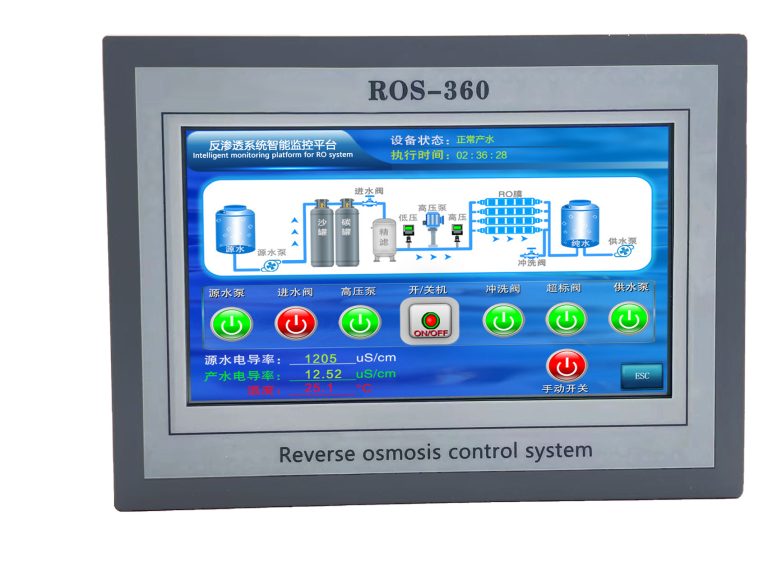“Accurate measurements for efficient heat transfer.”
Understanding Thermal Conductivity Analyzers
Thermal conductivity analyzers are instruments used to measure the thermal conductivity of a substance. Thermal conductivity is a property that describes how well a material can conduct heat. It is an important parameter in various industries, including the chemical, pharmaceutical, and food industries, as well as in research and development.

These analyzers work by measuring the rate at which heat flows through a material. The principle behind thermal conductivity analysis is based on the fact that materials with high thermal conductivity will conduct heat more efficiently than those with low thermal conductivity. By measuring the rate of heat flow, thermal conductivity analyzers can provide valuable information about the thermal properties of a substance.
One common application of thermal conductivity analyzers is in the measurement of gas mixtures. These analyzers can be used to determine the thermal conductivity of a gas mixture, which can be useful in a variety of industrial processes. For example, in the chemical industry, thermal conductivity analyzers can be used to monitor the composition of gas mixtures in chemical reactors, ensuring that the desired reactions are taking place.
Another important application of thermal conductivity analyzers is in the measurement of the thermal conductivity of liquids. This is particularly important in industries such as the pharmaceutical industry, where the thermal properties of liquids can have a significant impact on the quality of the final product. By accurately measuring the thermal conductivity of liquids, thermal conductivity analyzers can help ensure that the desired properties of a liquid are maintained throughout the production process.
In addition to their industrial applications, thermal conductivity analyzers are also used in research and development. Researchers use these analyzers to study the thermal properties of new materials, helping to advance our understanding of how heat flows through different substances. By accurately measuring the thermal conductivity of materials, researchers can gain valuable insights into their thermal behavior, which can inform the development of new technologies and products.
One of the key advantages of thermal conductivity analyzers is their ability to provide fast and accurate measurements. These analyzers are designed to deliver precise results quickly, making them ideal for use in a wide range of applications. Whether measuring the thermal conductivity of gases, liquids, or solids, thermal conductivity analyzers can provide valuable data that can help improve processes and products.
In conclusion, thermal conductivity analyzers are powerful instruments that play a crucial role in a variety of industries and research fields. By measuring the thermal conductivity of substances, these analyzers provide valuable insights into the thermal properties of materials, helping to optimize processes, ensure product quality, and advance scientific knowledge. With their ability to deliver fast and accurate measurements, thermal conductivity analyzers are indispensable tools for anyone working with heat transfer and thermal properties.







